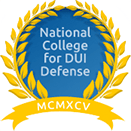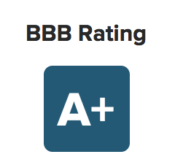Yes. Another element that the State must prove beyond a reasonable doubt is that you observed the victim without the victim’s consent. Consent is a person’s voluntary and serious agreement or submission. However, consent must be given freely and in such a way that it is legally effective.
In New Jersey, consent can never be legally effective as a defense to a criminal charge if:
- the victim was not legally competent to authorize the conduct constituting the offense; or
- the defendant knows that the victim was by reason of youth, mental disease or defect, or intoxication, unable to make a reasonable judgment as to the nature of harmfulness of the conduct constituting the offense; or
- consent was induced by force, duress, or deception of a kind that the law defining the offense seeks to prevent.
In determining whether consent was freely and voluntarily given, consent may be openly expressed, implied, or apparent from the victim’s willing participation in the subject activity. A jury may consider all that was said and done at a specific time and place, all of the surrounding circumstances, and whether a normal competent person would freely and seriously consent to the conduct that is the subject of the criminal charge.











